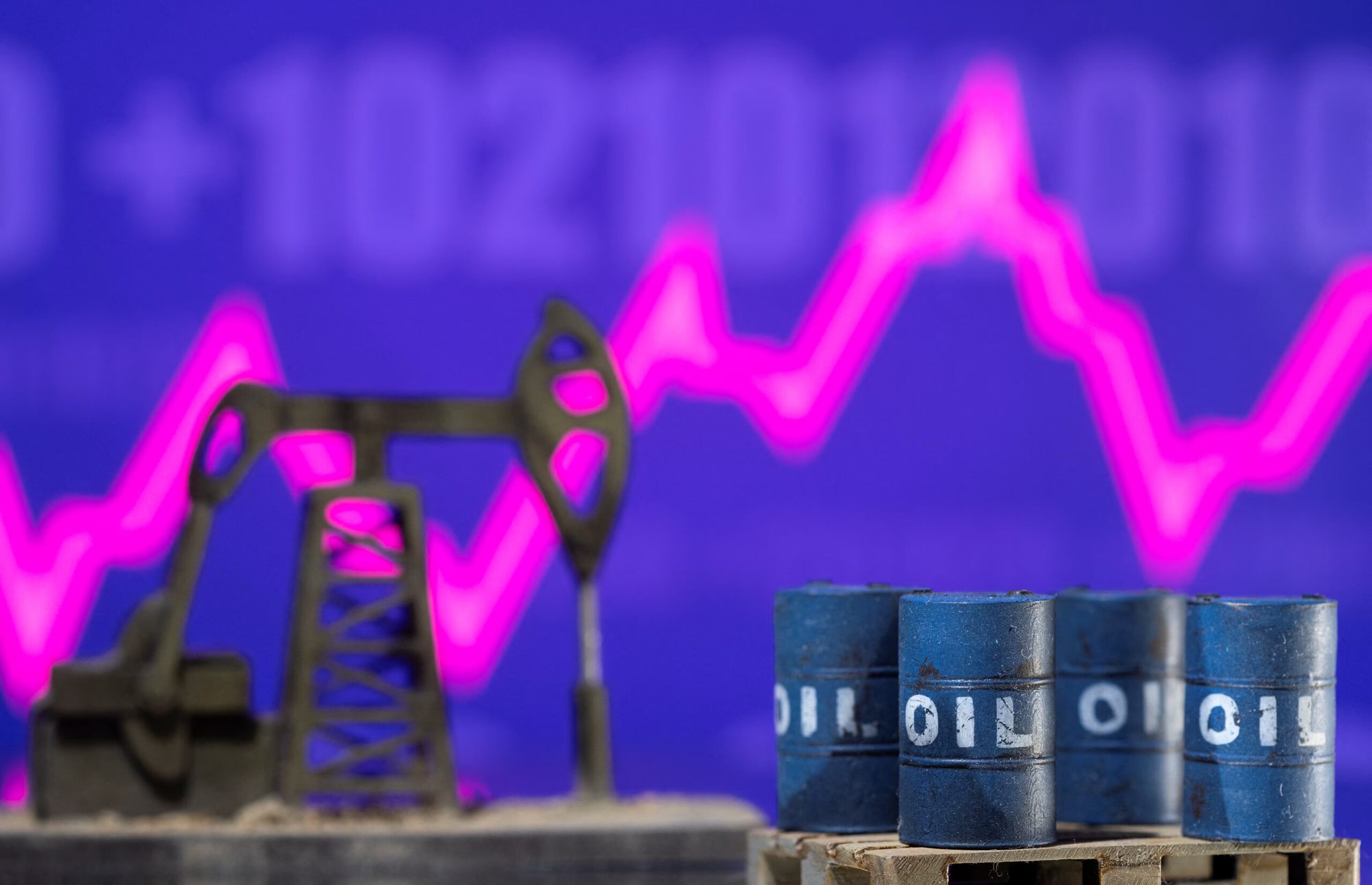•Marketers uncertain about potential impact on petrol prices
By Adewale Sanyaolu
The Federal Government is on the verge of witnessing positive growth in its 2025 revenue projection as Brent crude oil prices moved up the ladder to $80.6 per barrel on Monday, compared to $76 per barrel last week.
In the 2025 budget currently before the National Assembly, the government is projecting a revenue target of N36.35 trillion.
Should the current hostilities in the Middle East persist in the months ahead, especially the sanctions on Russian oil exports, Nigeria will benefit in terms of oil revenue.
According to the 2025 budget estimate, Nigeria projected a daily oil production of 2.06 million barrels per day at $75 per barrel.
At the moment, the oil price budget benchmark is higher by $5.86 per barrel, which is a significant leap if the country could achieve the 2.06 million barrels per day oil production.
Besides, the improvement in oil revenue would translate to reduced borrowings for the country, which is currently pegged at N13.39 trillion in the 2025 budget.
Commenting on the implication of the rise in oil prices for the economy, Executive Secretary of Major Energies Marketers Association of Nigeria, Mr. Clement Isong, said this is a welcome development for the country as it would help shore up revenue to government coffers.
He, however, added that Nigerians must begin to ask questions from the three tiers of government—Federal, State, and Local Government—on what the proceeds from the oil price rise were used for.
On what the rise in crude oil prices portends for petroleum product pricing, Isong said the development could go either way for consumers in terms of a rise or fall.
The ES said the effect on price movements depends on the stock of refined products available both locally and abroad.
At the moment, he said the available local and foreign stock of refined products is very high; hence the rise in the price of crude oil would not have any effect on refined products in the immediate.
“For those products available locally, those holding them would need to push them out as soon as possible because they borrowed money to purchase and would not want to keep them for long because they need to repay the loans in a timely manner.”
Isong explained further that for some time now, prices of petroleum products, especially petrol, have been dropping because there is a glut in the market, which investors need to sell off as soon as possible in order to clear their bank debts.
On the flipside, he said if crude oil prices continue to go up, reaching $85 and above, then prices of petrol and other petroleum products at the pumps would be impacted.
“But if in another two days from now, prices begin to drop to about $75 per barrel, that won’t impact prices because the increase only happened for a short period and that won’t in any way affect prices because the increase isn’t sustained.”

